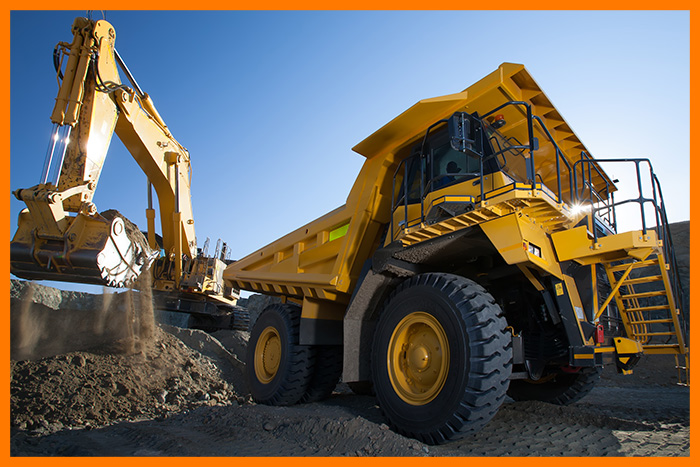
How to Get Asset Financing
Asset financing may be necessary if you need expensive tools and machinery for your business. Asset finance allows you to acquire or use assets without having to pay in full upfront. It gives you the funding you need to purchase or lease assets you’ll need to operate your business while preserving your capital and managing your cash flow.
Should you consider asset finance?
Asset finance makes sense for many businesses. Even if you have enough cash saved to buy the asset, you may need that capital to finance continued operations or explore new growth opportunities.
The flexibility of asset finance options (with different cash flow and financial implications) can allow you to pay back these large assets over time. It also gives you access to modern assets, which enables you to remain competitive without incurring the upfront costs.
Decide what assets you need
Start by listing the assets you need in your business to:
- Operate more efficiently, possibly by using the latest technology to enhance your operations or by using additional equipment to help with current operations.
- Grow, especially if new equipment will enable you to scale your business or increase your capacity.
- Become more competitive by enabling your business to match the capability of your key competitors.
Calculate your return on investment (ROI)
It’s important to make a case for each asset purchase. Investors and lenders may want to see the evidence that the asset is necessary for your business, but it also helps you make the right decisions. The easiest method is to take the cost of the new asset and divide it by the number of years you believe it will last (adding any yearly maintenance and support costs). This is the dollar amount the new asset needs to generate in increased sales, better capacity, more capability, or whatever measurement you deem important for that piece of equipment.
Ask your staff how valuable a new piece of equipment will be to helping them carry out their responsibilities. If they feel it would be beneficial, that’s a good sign you should consider obtaining it.
Should you lease rather than buy?
Sometimes leasing an asset can make more sense than owning it. For example:
- A lease agreement that includes upgrading fast-changing technology such as computers at agreed intervals can make more sense than owning these items. You don’t want to be stuck owning equipment with little resale value.
- Leasing expensive production machinery when you know that more efficient models will be coming shortly makes better sense than buying the machinery and then facing additional costs to compete with others.
- Leasing vehicles such as trucks can give you more flexibility than buying the vehicle, especially if demand is seasonal and surplus trucks would be standing idle.
- Leasing equipment that quickly becomes obsolete can sometimes allow you to upgrade once the term ends for the latest version.
Speak to your accountant or financial advisor about any tax implications before deciding to buy or lease.
New assets vs. second-hand
Sometimes it makes sense to purchase already used tools and machinery. Start-ups especially need to save every dollar to market and grow their business, and there are often many options for assets that have been used and well-taken care of. Most businesses can save considerably on everything from office furniture to production equipment by attending local auctions, bidding on online auction sites, attending local closing down sales, talking to others in your industry who may be selling items they no longer need.
Borrowing to Own
It’s usually cheaper in the long run to buy an asset outright than lease. Taking out a bank loan can be an effective way to finance business equipment purchases that you need, especially if it’s important you own the asset from the outset.
Loans won’t tie up your capital and may not require additional security. The loan should be structured to match the expected life of the asset – long-term loans for long-lasting assets such as a building, and short-term loans for assets with a shorter useful life.
Asset finance options
There are a range of financing solutions, including a business line of credit and term loans.
Small Business Administration (SBA) Loans
Whether you’re looking to expand your business, or purchase equipment or real estate, a Small Business Administration (SBA) Loan can assist with financing to help your company grow.
Nearly 90% of all businesses are eligible for an SBA loan program but the same issues are considered such as:
- Acceptable personal and business credit history.
- Owner-occupied business.
- Past earnings and/or estimated future earnings sufficient to repay the loan on time.
- A list of available business assets and – in some cases – personal assets to secure the loan.
Next steps
The key to successfully applying for asset finance is to be prepared. Talking to your accountant, financial advisor and your financial institution will help to ensure you get the right asset finance package tailored to your budgets and your business needs.
You can assist your case for asset finance if you come prepared with an updated cash flow forecast and business plan, evidence that your business generates enough cash to service the loan, and a pledge of business and personal assets to secure the loan.
Be prepared also to demonstrate why you need the asset and what contribution it will make to your business’s growth and profits.
